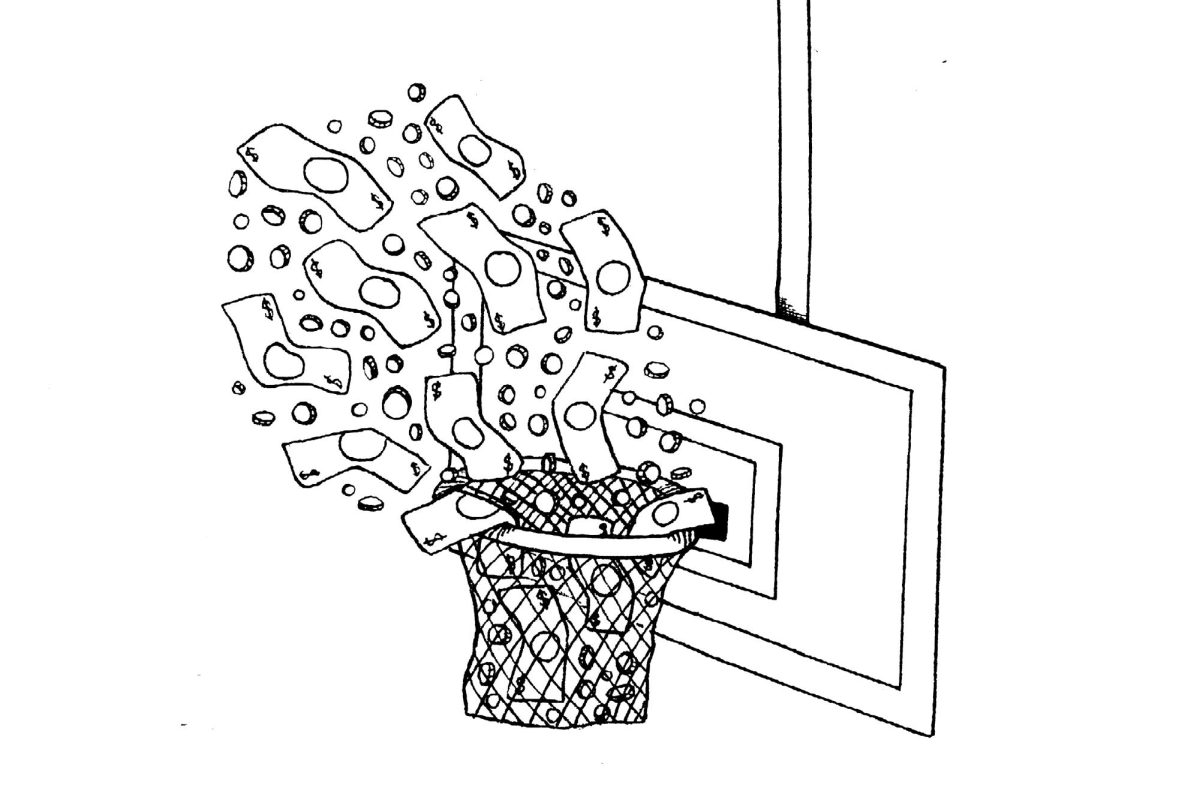I have a love/hate relationship with one of my first acquaintances since arriving at GW from Britain. I see this acquaintance a couple of times a week, but as with all of my former boyfriends, there are faults that occasionally make me never want us to meet again.
No, I am not talking about some hunky man, but my beloved Gelman Library. We’ve had our ups and downs, but what frustrates me the most is that even though it is meant to be an asset to all students, the library only has one copy of most of our textbooks for class, even when some classes have 120 students or more.
The bottom line is that GW needs to invest in more textbooks for its libraries, as it would save students money and ensure that they can fully utilize the libraries. After a simple computer search for my largest class, I could see that two of the six assigned textbooks cannot be found in Gelman. Of the other classes, only one to three copies are available for a class of more than a hundred students.
The lack of required textbooks in Gelman has been a recurring problem throughout my year here. The University expects you to buy them from the bookstore, but as we know all too well, five classes a term for four years with two to 10 books for each class quickly becomes a good deal of money. Sure, you get some return by selling them back, but most GW students have experienced the feeling of being robbed when handed back $60 after spending $600.
A college education is already expensive as it is, and that hefty textbook bill just makes it even more difficult. If the school would pay for a more substantial number of textbooks to be available for both shorter (day and hour) borrowing, as well as for longer periods, it would put less pressure on the already tight parent and/or student budget. More books means more people can use them, translating into buying fewer books.
By requiring students to put money on their GWorlds, GW ensures that most of students’ textbook money will be spent in its own store. This would be fair if we had the choice of whether to buy at least some of our books. However, when our required texts are so difficult to get our hands on in Gelman, we are left with little choice but to buy every book on the list, including that one that we only need two chapters from for an isolated lecture.
Buying books off the Internet is sometimes cheaper, but it’s not free, like a library. Gelman should be more than a place to sit and study (or sleep); it should be a place to borrow books. Of course, many students, including myself, check books out from Gelman, but those texts tend to not to be required textbooks, but rather for a particular paper or exam.
The rising cost of textbooks is a trend across this country, but in Europe they cost a fraction of the price. This could be a result of most British universities usually having up to 15 copies of popular textbooks in their libraries. Some are offered in a high-demand section where you can only borrow books for a couple of hours (like the Gelman two-hour reserve but much more extensive).
British universities also impose stricter and higher fines for books not returned on time, and shorter limits on renewals, ensuring that the books are recycled and everybody gets a chance to use them. If GW’s libraries and those at other American universities did the same, the demand for textbooks would go down, as would the price.
For GW, extending its library would have an even greater benefit as far as its reputation goes. As the most expensive University in the country, the University could come off as slightly more cost-efficient. Since prospective students may be thrown off by the big price tag, a library service that would cut spending on textbooks could give GW a little extra competitive edge. At the same time, it would mean that my dear old Gelman would finally become more than just a pretty face.
-The writer, a junior majoring in international affairs, is a Hatchet columnist.





